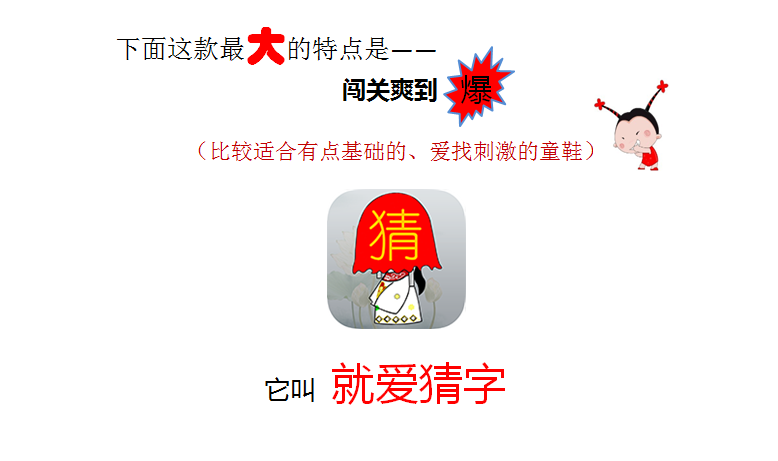
When justice(義)prevails,the aggressive “I”:我(with spear戈in hand手)becomes subduced like a docile and gentle sheep(羊).Hence義justifies itself as a symbol for right conduct.The regular form is now slashed to three strokes,transforming it into a simplified and perfectly balanced justice:义.

繁体字的“義”由“羊”和“我”组成,“羊”表示祭祀的祭牲;“我”是兵器,代表战争。“義”合起来就是为了我信仰、支持的“义”而战斗、牺牲。“義”也指头羊为了捍卫个体和群体利益而搏斗;引申为公正合宜的言行。

One Who Committed Many Injustices Is Doomed To Destruction
This anecdote is excerpted from the Zuo Zhuan.
The ruler of the State of Zheng(郑),Wu Sheng(寤生),succeeded to the throne in 743B.C..His mother did not like him,but dotted on her younger son Duan(段).She prevailed upon the ruler to give the major city of Jing(京)to Duan as his fief.After Duan obtained the city,he reinforced and heightened the city wall,and continuously expanded the area under his control.The ministers of Zheng warned the ruler that Duan was a threat to the stability of Zheng,and that he should take steps to eliminate him.But the ruler said,“He who committedmany injustices is doomed to destruction.”
Finally Duan gathered an army to attack the capital of Zheng. Wu Sheng said,“The time has come,”and mustered an army to attack Jing.The people of Jing immediately deserted Duan,who fled to the State of Wei(卫).
Later,the express“One who committed many injustices is doomed to destruction”was used to warn wrongdoers of the fate in store for them.

多行不义必自毙
“多行不义必自毙”这个成语典故出自《左传·隐公元年》。
郑国国君寤生,于公元前743年即位。他的母亲叫武姜,因为在生他的时候,他脚在前倒生下来,使姜氏受了惊吓,所以取名叫“窹生”(就是逆着生的意思),武姜因此讨厌庄公。偏爱共叔段,还总想让段成为国君,寤生和段的父亲郑武公都没有答应。等到庄公寤生当上了国君,武姜又要求把重要城市“京”封给了段作为封地。段到了京后,一再扩建城墙,扩大自己的管辖范围。郑国的大夫劝国君及早除去段,以免因为段的强大而危及郑国的安全。国君说:“多行不义必自毙,且等着瞧吧!”
后来,段果然聚集军队准备进攻郑国都城,国君说:“时候到了!”于是发兵攻京,因为段不得人心,京地的人民立刻转而攻打段,段只好逃到了卫国。
后世以“多行不义必自毙”来形容不义的事情干多了,必然会自取灭亡。




 在线客服1号
在线客服1号